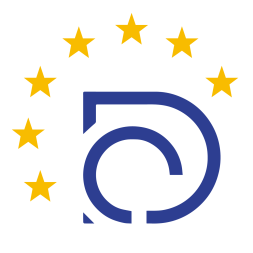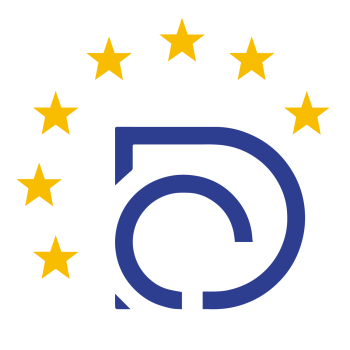
Boal’s Methodology In Education
TARGET GROUP
Professionals in the education sector (e.g., teachers, guidance counselors, principals, and administrators at elementary, middle, higher education, vocational institutions, kindergartens and pre-primary schools) and non-governmental organization (NGO) staff.
Description
Augusto Boal’s methodology in education is based on the principles of Theater of the Oppressed, a form of theater developed by Boal in the 1970s. The overarching goal was to provide the people of Peru that was disempowered, analphabetic, and repressed with opportunities for expression, meaning-making, and socio-cognitive development through the practice of community theater. Boal’s method suggests a reconfiguration of the classic Aristotelian poetics, in which the spectators delegate in the actors the fulfilment of their need to translate wishes into acts. This is done from the perspective of an aesthetic point of view. Catharsis is an empathetic process that allows the citizen-spectator to release his or her need and, as a result, abdicate from the requirement to take action. Boal has taken Brecht’s purpose of transforming passive “viewers,” into “actors” who are actively capable of changing the course of events and expanded upon it with the goal of effecting a dramatic shift in the customary role attribution between actors and spectators.
This methodology is centered around the idea that theater can be used as a tool for social change and personal empowerment. The main goal of Boal’s methodology in education is to create a space where individuals can explore and express their emotions, thoughts, and ideas through the use of various theater techniques. This can include exercises such as role-playing, improvisation, and forum theater. By using these techniques, participants in Boal’s methodology in education can develop their critical thinking skills, improve their communication skills, and increase their self-awareness. Additionally, this approach is aimed at creating an inclusive and empowering learning environment for all students, regardless of their backgrounds or abilities. This course will provide an introduction to the philosophy and practices of Boal’s Methodology and help educators to develop the skills necessary to implement it in their own classrooms.
Learning objectives
- Demonstrate a comprehensive understanding of the principles, concepts, and techniques of Boal’s methodology in education.
- Apply critical thinking and problem-solving skills by analyzing and addressing social issues through the use of Boal’s techniques.
- Effectively communicate and collaborate with others, utilizing Boal’s theatre techniques to foster inclusive dialogue and collective decision-making.
- Enhance creativity and self-expression by employing Boal’s games and exercises, allowing for individual and group exploration.
- Integrate Boal’s methodology into various subject areas, adapting lesson plans and activities to incorporate participatory and transformative practices.
- Assess the effectiveness of Boal’s methodology in promoting student engagement, empowerment, and deeper understanding of social and political issues.
- Recognize and evaluate the role of Boal’s methodology in addressing social and political issues in education, fostering empathy and active citizenship.
- Create inclusive and equitable learning environments by applying Boal’s methodology, embracing diverse perspectives, and challenging inequalities.
- Engage in reflective practice, continuously assessing and improving the implementation of Boal’s methodology in their teaching practice.
- Collaborate with colleagues and contribute to professional learning communities by sharing knowledge and experiences related to Boal’s methodology.
- By achieving these learning outcomes, participants will be equipped with the skills, knowledge, and pedagogical approaches necessary to effectively integrate Boal’s methodology into their teaching practice and create engaging and transformative educational experience.
Methodology & assessment
Certification details
- Certificate of Attendance
- Europass Mobility Document
- Learning Agreement
Pricing, packages and other information
-
Price:400Euro
Informacione shtesë
-
Language:English
-
Target audience ISCED:Early childhood education (ISCED 0)Primary education (ISCED 1)Lower secondary education (ISCED 2)
-
Target audience type:TeacherStudent Teacher
-
Learning time:25 hours or more
Past sessions
More courses by this organiser

Environmental Awareness in Action: Sustainable Lifestyles



